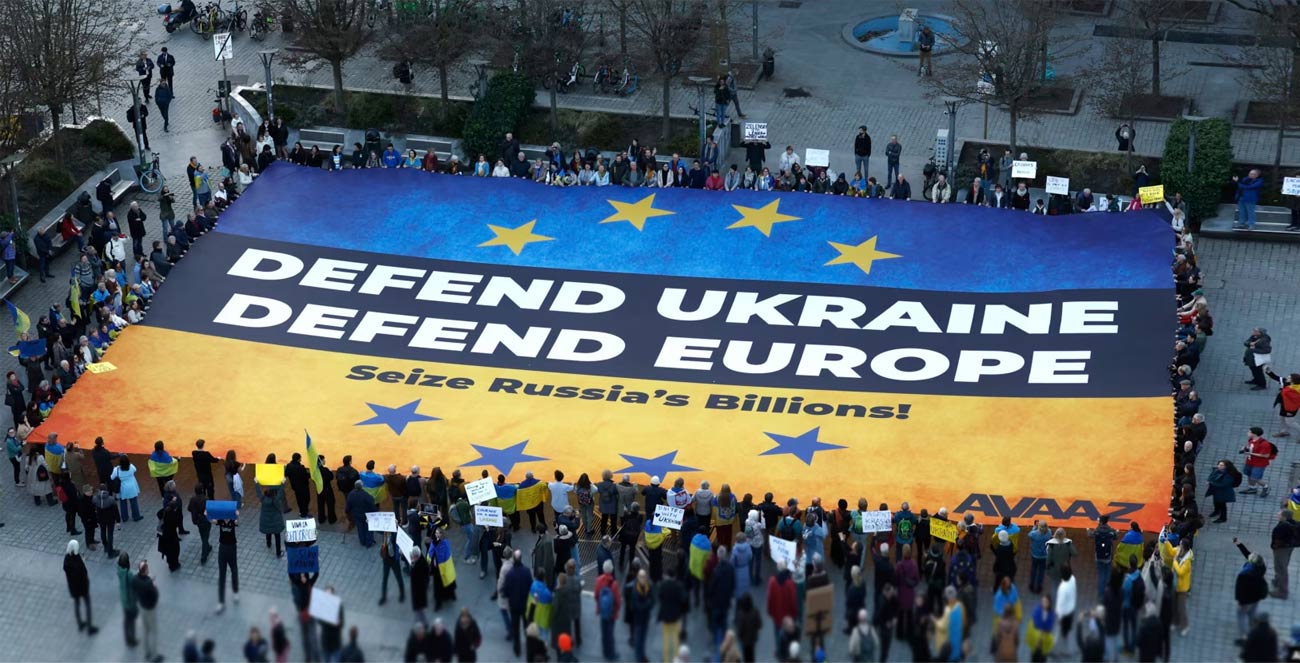
Demonstration in support of Ukraine. Brussels, March 5, 2025. Photo: AP
This was discussed at an emergency summit in Brussels, which took place on Thursday, March 6, and was attended by leaders of European countries and the President of Ukraine, Volodymyr Zelensky.
But already in mid-January, British Prime Minister Keir Starmer spoke of a "generational challenge" facing Europe. Ukraine, he said, is at the forefront of this national security challenge:
"...It is clear that the pressing issue is the future of Ukraine, and we must continue to put Ukraine in the strongest possible position, whatever happens next, and ensure that if peace comes — and we all want peace — it will be lasting..."
There is still no clarity about the future peace treaty, but European leaders, following the saying "If you want peace, prepare for war," are announcing an increase in defense spending.
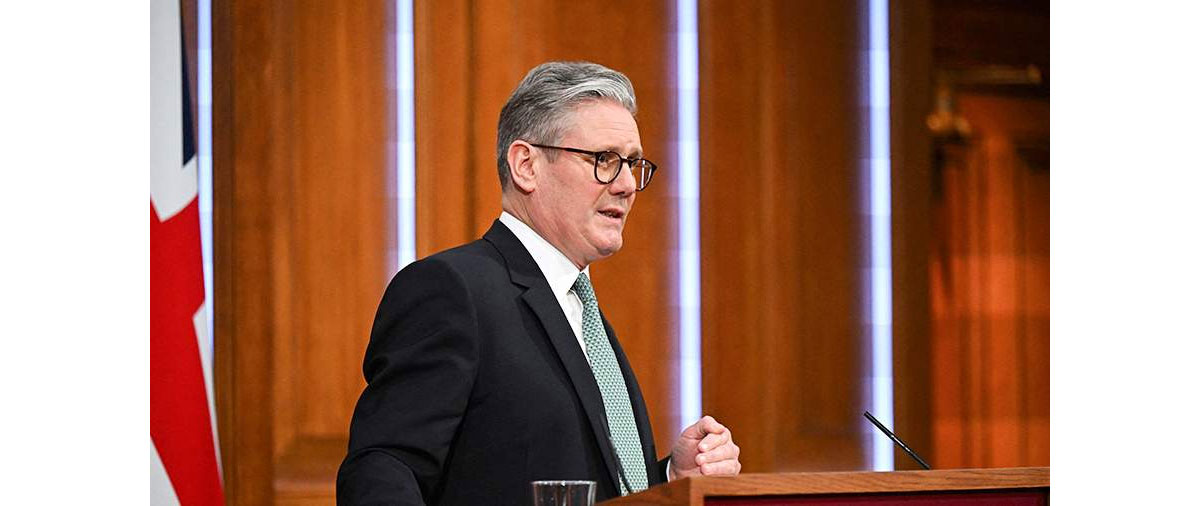
Keir Starmer. Photo: REUTERS / Leon Neal
On February 25, Keir Starmer, announcing an increase in defense spending to 2.5% of GDP, and subsequently higher, explained it as follows:
"...This is 13.4 billion pounds more than today. And we will go further. As the nature of this conflict changes, as it has in recent weeks, it also makes our response clearer.
Now we must change our approach to national security to be ready to respond to the challenges of our changing world.
The reason is simple: Putin's aggression does not stop in Ukraine. Russian spy ships threaten our waters, Russian planes invade our airspace, Russian cyberattacks have hit our National Health Service. Just seven years ago, there was a Russian chemical weapon attack in broad daylight on the streets of Salisbury.
We cannot hide from this. I know that people have felt the impact of this conflict in the form of rising bills and prices. But if Ukraine is not properly protected from Putin, Europe will only become more unstable — and this will cause us even greater harm. Moreover, the great lesson of our history is that tyrants like Putin only respond to strength..."

António Costa, Volodymyr Zelensky, and Ursula von der Leyen before the start of the EU summit in Brussels. Photo: Omar Havana / AP Photo
The head of the European Commission, Ursula von der Leyen, on March 4 proposed the REARM Europe plan, allocating 150 billion euros, and subsequently 800 billion euros, to strengthen the defense capabilities of EU countries to hedge against the possibility of the US withdrawing from protecting Europe in the event of war:
"...We live in an era of rearmament. And Europe is ready to significantly increase defense spending, both to respond to the short-term need to act and to support Ukraine, as well as to address the long-term need to take more responsibility for our own European security..."
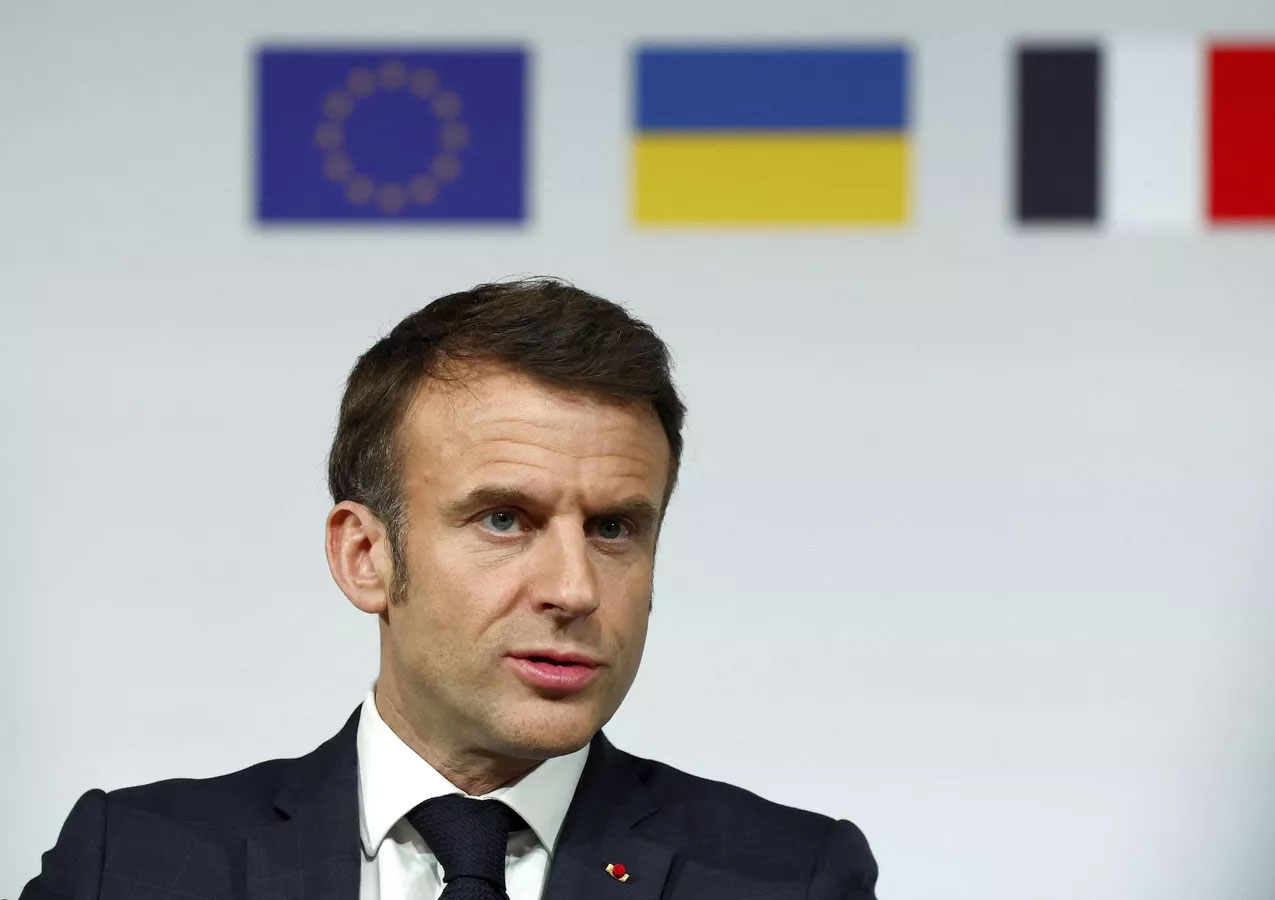
Emmanuel Macron. Photo: © AP Photo / Gonzalo Fuentes
The strongest statement of solidarity with Ukraine was the address by French President Emmanuel Macron on March 5:
"...Overall, our prosperity and security have become more fragile. We are entering a new era. Russia has already turned the Ukrainian conflict into a global one. It has mobilized North Korean soldiers and Iranian equipment on our continent, helping these countries to arm themselves even more.
Putin's Russia violates our borders, kills opponents, manipulates elections in Romania and Moldova, organizes cyberattacks on our hospitals to block their work. Russia tries to manipulate public opinion with lies spread on social media. ...It is testing our strength. It does so in the air, at sea, in space, and on our screens.
Given all this, who will believe that Russia will stop at Ukraine? Russia has now become and will remain for many years a threat to France and Europe.
It would be madness to remain a spectator in the face of this danger. It is about making decisions without delay for Ukraine, for the security of the French, for the security of Europeans
I want to believe that the United States will support us. But we must be prepared if this does not happen.
Given the Russian threat I just described, European states must be able to better defend themselves and deter any aggression... We must better equip ourselves, enhance our defense capabilities, for peace and for deterrence. In this regard, we remain committed to NATO and our partnership with the United States of America. But we must do more. Strengthen our independence in defense and security matters.
I have decided to open strategic debates on the protection of our allies on the European continent through our (nuclear) deterrence. Whatever happens, the decision has always been and will remain in the hands of the President of the Republic, the head of the armed forces..."
British Prime Minister Keir Starmer tries to act as a "bridge" between Europe and America, so he speaks cautiously. In an interview with Sky News, he said:
"...I think we have a difficult choice, which is to work, on the one hand, with the United States, and on the other — with Europe. We have enjoyed peace for 80 years, and this has been incredibly important for Britain..."
When asked if he would prefer Donald Trump not to suspend aid to Ukraine, Starmer said:
"...Britain must put Ukraine in the strongest possible position... I believe it is very important now to continue our work, I continue my work, to ensure that the US, Ukraine, and European allies are on the same page, so we can all focus on the main goal — a lasting peace in Ukraine.
The war continues, and it would be a big mistake to think that now we just have to wait for a peace agreement. We must ensure that Ukrainians, while continuing to fight, remain in the strongest position, and if Ukraine decides to enter peace negotiations, it must do so from a position of strength..."

Donald Tusk. Photo: TASS / EPA / Piotr Nowak
Polish Prime Minister Donald Tusk, speaking at the summit in Brussels on Thursday (March 6), said:
"...It is in the interest of all of Europe to create a well-coordinated military force. Europe must respond to this challenge, to the arms race, and must win this race..."
On his page in X, Tusk added:
"...Starting today, Europe must arm itself smarter and faster than Moscow. Russia will lose in the arms race just as the Soviet Union did 40 years ago..."
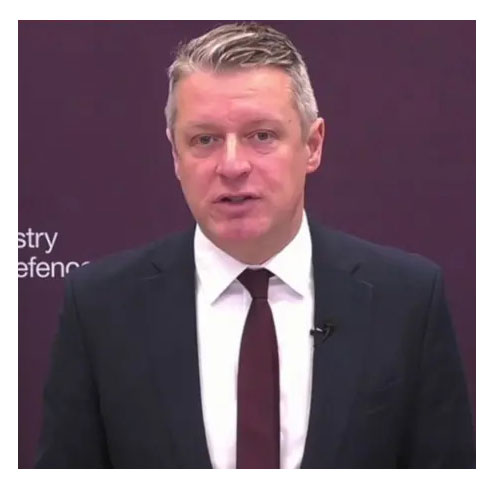 The UK Minister for Armed Forces, Luke Pollard, speaking on security and defense at Chatham House in London, announced that a deal has been made with a defense technology company to allow Ukrainian armed forces to use more advanced strike drones in the Black Sea:
The UK Minister for Armed Forces, Luke Pollard, speaking on security and defense at Chatham House in London, announced that a deal has been made with a defense technology company to allow Ukrainian armed forces to use more advanced strike drones in the Black Sea:
"...Drones worth about 30 million pounds will be supplied by Anduril UK and delivered to Ukraine in the coming months..."
NOT ONLY EUROPE
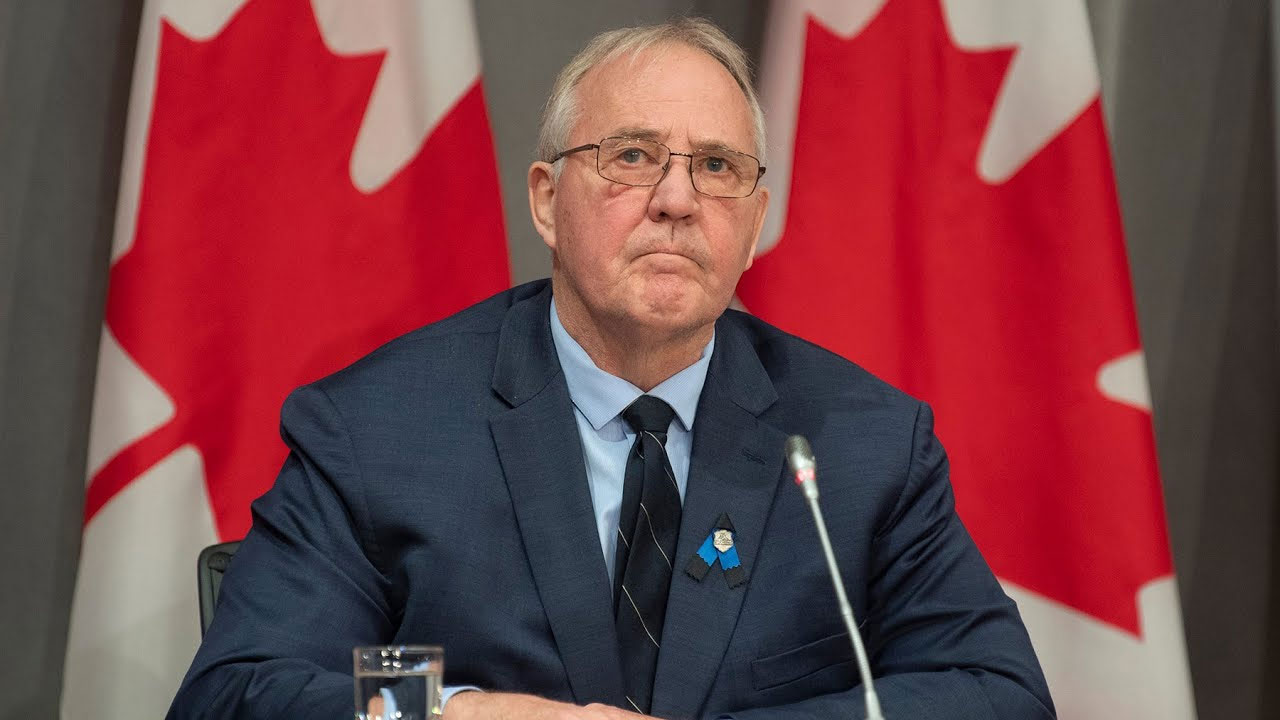
Bill Blair. Photo: THE CANADIAN PRESS / Adrian Wyld
The Canadian Defense Minister stated that his country is ready to send troops to Ukraine. Bill Blair referred to the participation of Canadian military in the "Coalition of the Willing" — a contingent of military personnel from various European countries to be deployed in Ukraine as peacekeeping forces, proposed by the UK and France:
"...Canada is ready and able to contribute to these forces. But we also believe that important discussions need to be held regarding security guarantees for Ukraine and the forces that will serve in Ukraine..."
So far, there are no specifics regarding the "Coalition of the Willing." Currently, about 20 countries have expressed readiness to join the coalition.
At the EU summit on March 6 in Brussels, a final communiqué was adopted, signed by 26 participants (Hungary refused to sign the document):
- There can be no negotiations on Ukraine without Ukraine;
- There can be no negotiations concerning European security without Europe's participation;
- A ceasefire is possible only within the framework of a comprehensive peace agreement;
- The agreement must contain reliable security guarantees for Ukraine;
- The EU also reaffirms its readiness to continue providing comprehensive support to Ukraine for its strongest possible position in negotiations.